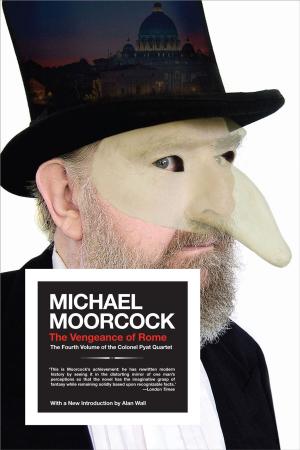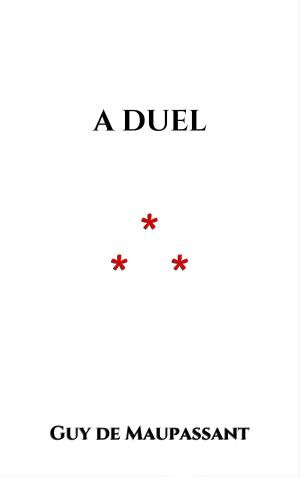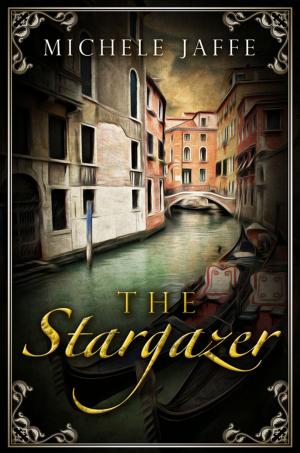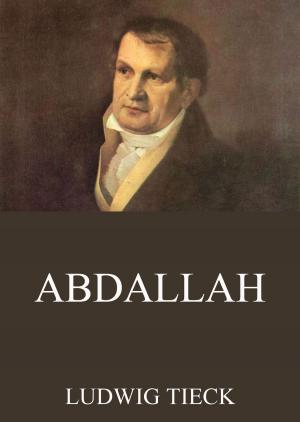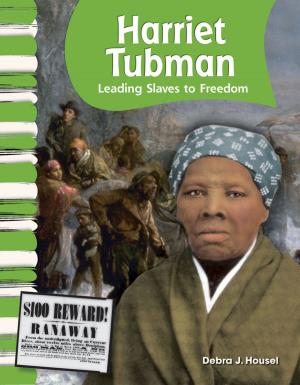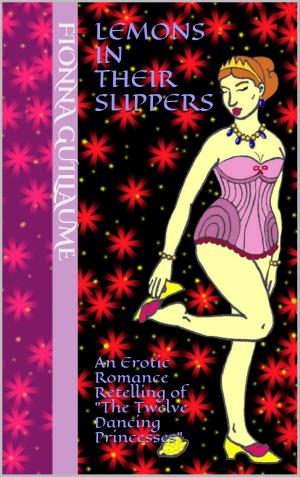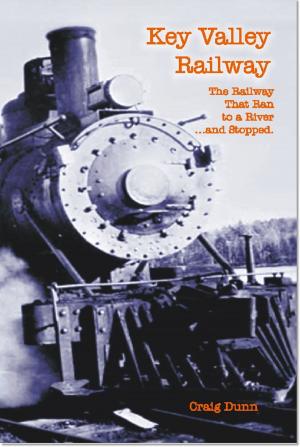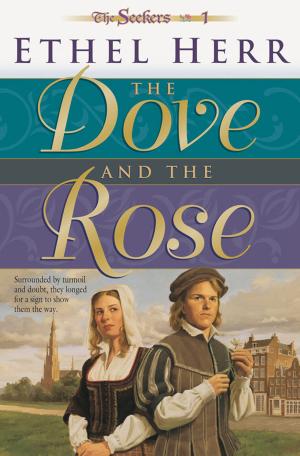| Author: | Angus McDonald Edmonds | ISBN: | 9781301630875 |
| Publisher: | Angus McDonald Edmonds | Publication: | February 6, 2013 |
| Imprint: | Smashwords Edition | Language: | English |
| Author: | Angus McDonald Edmonds |
| ISBN: | 9781301630875 |
| Publisher: | Angus McDonald Edmonds |
| Publication: | February 6, 2013 |
| Imprint: | Smashwords Edition |
| Language: | English |
Is it possible that Scotland’s Bard, Robert Burns, could have been transported to Australia as a political prisoner along with other Scottish Martyrs for Liberty, like Thomas Muir? And then escaped on the same Boston trading ship as Muir to ultimately find peace, happiness and a purpose to his life in America?
Thorough historical research, a life-time’s interest in Burns, and imaginative insight has created a story that is both fascinating and possible. It is a journey around the world. More importantly it is a man’s journey from frustrating self-doubt and fears to a fulfilment of his radical self. ‘Freeman Stand’ reflects Robert Burns’ commitment to Scotland’s independence, its life and culture as a nation. It also reflects his strong adherence to the principles of democracy and to human rights. His journey leads his to a fuller understanding of such issues and a stronger commitment to give of himself through active support of his principles.
‘Freeman Stand’ is a work of fiction, but portrays the vital, true – and flawed – character and nature of the man regarded as Scotland’s greatest. Not only was Burns flawed, he was not being the man he wanted to be. Ironically by losing his own freedom he is freed to live a life closer to his ideals. At the same the realities of life are driven home, including the fact that those he idealised and idolised had their own faults, their own feet of clay. Far from leading to cynicism, such revelations make Burns more compassionate, more understanding, more considerate.
The story begins with Robert Burns’ composition of ‘Bruce’s Address To His Army At Bannockburn’ better known as the song ‘Scots Wha Hae’ which many consider should be Scotland’s national anthem. Fully researched, the novelist’s account of its composition is possibly as close to the truth as any, but told with dramatic flair.
It was published anonymously in May 1794, coinciding with the worst atrocities of the Reign of Terror in France. Not only did the British authorities fear a similar revolution among the dispossessed in Britain’s burgeoning cities and towns, Britain was at war with Revolutionary France. The song was declared ‘seditious.’ All this is fact.
‘Freeman Stand’ is an exciting tale, an adventure, and an exploration of a man about whom more has been said and written than almost any other. The kernel of the story arises from the question,
‘What if Robert Burns’ anonymity as the writer of a ‘seditious’ song had been exposed?’
Is it possible that Scotland’s Bard, Robert Burns, could have been transported to Australia as a political prisoner along with other Scottish Martyrs for Liberty, like Thomas Muir? And then escaped on the same Boston trading ship as Muir to ultimately find peace, happiness and a purpose to his life in America?
Thorough historical research, a life-time’s interest in Burns, and imaginative insight has created a story that is both fascinating and possible. It is a journey around the world. More importantly it is a man’s journey from frustrating self-doubt and fears to a fulfilment of his radical self. ‘Freeman Stand’ reflects Robert Burns’ commitment to Scotland’s independence, its life and culture as a nation. It also reflects his strong adherence to the principles of democracy and to human rights. His journey leads his to a fuller understanding of such issues and a stronger commitment to give of himself through active support of his principles.
‘Freeman Stand’ is a work of fiction, but portrays the vital, true – and flawed – character and nature of the man regarded as Scotland’s greatest. Not only was Burns flawed, he was not being the man he wanted to be. Ironically by losing his own freedom he is freed to live a life closer to his ideals. At the same the realities of life are driven home, including the fact that those he idealised and idolised had their own faults, their own feet of clay. Far from leading to cynicism, such revelations make Burns more compassionate, more understanding, more considerate.
The story begins with Robert Burns’ composition of ‘Bruce’s Address To His Army At Bannockburn’ better known as the song ‘Scots Wha Hae’ which many consider should be Scotland’s national anthem. Fully researched, the novelist’s account of its composition is possibly as close to the truth as any, but told with dramatic flair.
It was published anonymously in May 1794, coinciding with the worst atrocities of the Reign of Terror in France. Not only did the British authorities fear a similar revolution among the dispossessed in Britain’s burgeoning cities and towns, Britain was at war with Revolutionary France. The song was declared ‘seditious.’ All this is fact.
‘Freeman Stand’ is an exciting tale, an adventure, and an exploration of a man about whom more has been said and written than almost any other. The kernel of the story arises from the question,
‘What if Robert Burns’ anonymity as the writer of a ‘seditious’ song had been exposed?’

